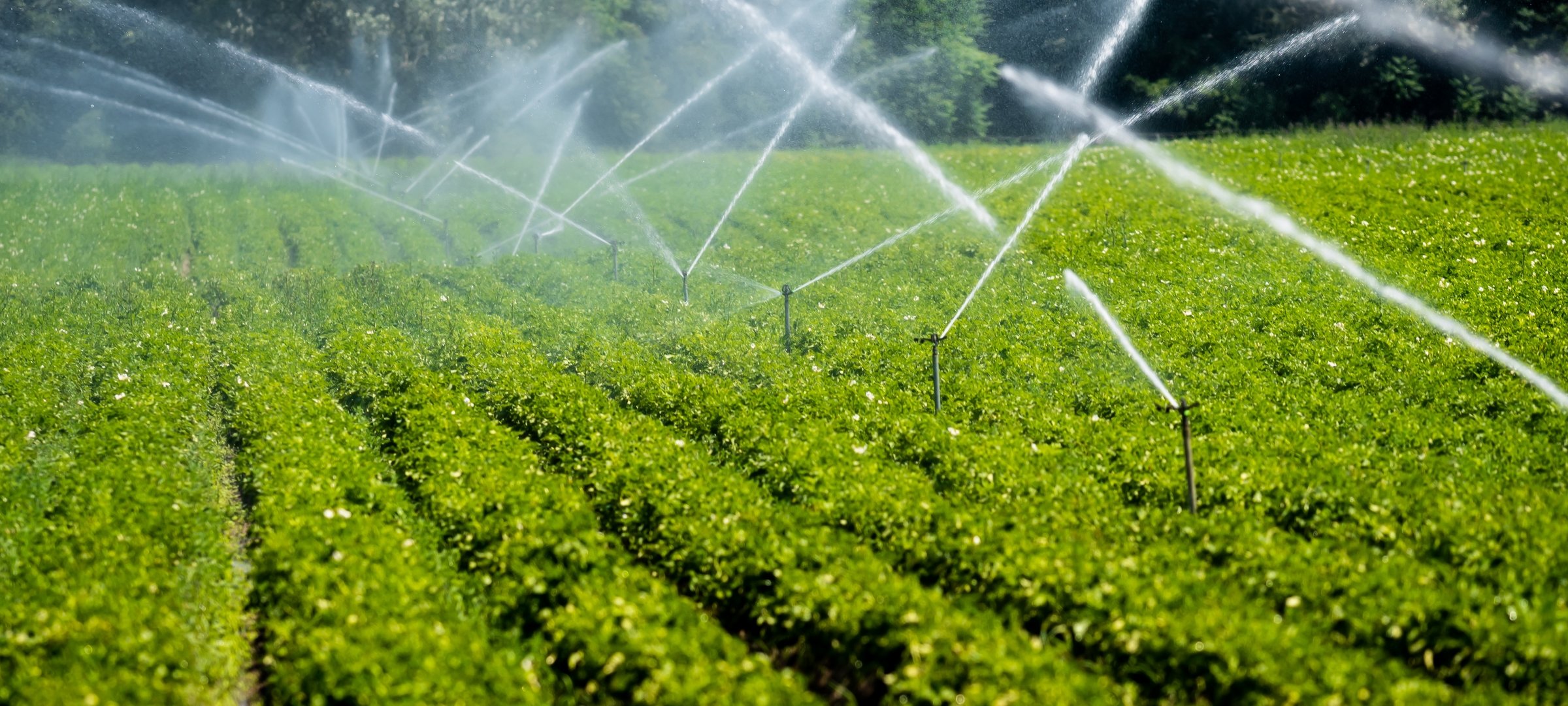Data-Driven Social Change
Changes in household-level actions in the U.S. have the potential to reduce rates of greenhouse gas (GHG) emissions and climate change by reducing consumption of food, energy and water (FEW). This project identifies potential interventions for reducing household FEW consumption, tests options in participating households in suburban communities, and collects data to develop new environmental impact models. We also identify household consumption behavior and cost-effective interventions to reduce FEW resource use.








